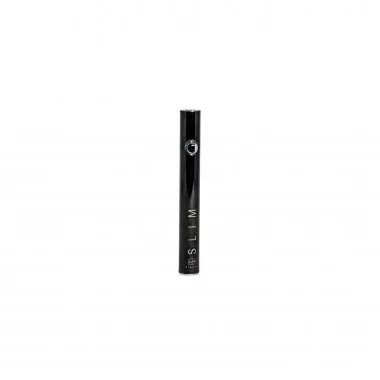The CBD, what is it?
The CBD: What is it?
\nCBD, or cannabidiol, is one of many chemicals in the cannabis plant. Unlike THC (tetrahydrocannabinol), which is the main psychoactive compound of cannabis, CBD has no intoxicating effects, making it attractive to those seeking the therapeutic benefits of cannabis without the euphoria associated with THC.
\nHistory of cannabis
\n- Old origin : The cannabis plant has been used for thousands of years for its fibers, seeds and medicinal properties. Traces of its use go back to ancient China, where it was used as a medicinal remedy and for its textile fibres. \n
- Global expansion : Cannabis then spread around the world, especially in India, Egypt, Greece and Rome, where it was used to treat various diseases and conditions. \n
- Modern use : In the early 20th century, cannabis use decreased due to prohibition and restrictive legislation in many countries. However, the late 20th and early 21st centuries saw a renewed interest in its medicinal uses, notably through research on compounds such as CBD. \n
CBD and its benefits
\nCBD is being studied for its many potential therapeutic applications, including:
\n- \n
Reduction of anxiety and stress :
\n- Calming effect CBD can help reduce levels of anxiety and stress through its relaxing effects on the nervous system. \n
- Management of social anxiety Studies show that CBD can help reduce social anxiety in stressful situations. \n
\n - \n
Pain relief :
\n- Analgesic properties : CBD is used for its painkillers, helping to relieve chronic pain, such as those associated with arthritis or injury. \n
- Reduction of inflammation By acting on the endocannabinoid system, CBD can reduce inflammation, which is beneficial for various inflammatory conditions. \n
\n - \n
Sleep improvement :
\n- Sleep aid CBD can help improve sleep quality, particularly in people with insomnia or sleep disorders. \n
\n - \n
Neuroprotective effects :
\n- Epilepsy CBD has been shown to be effective in the treatment of certain forms of epilepsy, including Draves syndrome and Lennox-Gastaut syndrome. \n
- Neuronal protection Research suggests that CBD could provide protection against neurodegenerative diseases such as Alzheimer\'s and Parkinson\'s disease. \n
\n - \n
Support for mental health :
\n- Pressure CBD can have antidepressant effects by positively influencing serotonin receptors in the brain. \n
- PTSD Patients with post-traumatic stress disorder reported improvements after use of CBD. \n
\n
Effects of CBD
\n- Non psychoactive : Unlike THC, CBD has no intoxicating or euphorizing effects, which makes it safe for daily use. \n
- Well tolerated CBD is generally well tolerated by most people, with few side effects, which may include fatigue, diarrhoea and changes in appetite or weight. \n
- Interaction with medicinal products It is important to note that CBD may interact with certain drugs. It is therefore advisable to consult a health care professional before starting to use CBD, especially if you are taking other medicines. \n

 Ce que vous devez savoir sur les cartouches pré-remplies au distillat de CBD
Ce que vous devez savoir sur les cartouches pré-remplies au distillat de CBD  Explorer les E-liquides au CBD de JUST CBD avec Hamilton Devices
Explorer les E-liquides au CBD de JUST CBD avec Hamilton Devices  Explorez le Monde des Bonbons Gélifiés au CBD de JustCBD : Variété et Saveurs
Explorez le Monde des Bonbons Gélifiés au CBD de JustCBD : Variété et Saveurs  JustCBD : Une Marque de Confiance pour des Moments de Détente
JustCBD : Une Marque de Confiance pour des Moments de Détente  Découvrez le PB1 de Hamilton Devices
Découvrez le PB1 de Hamilton Devices 




